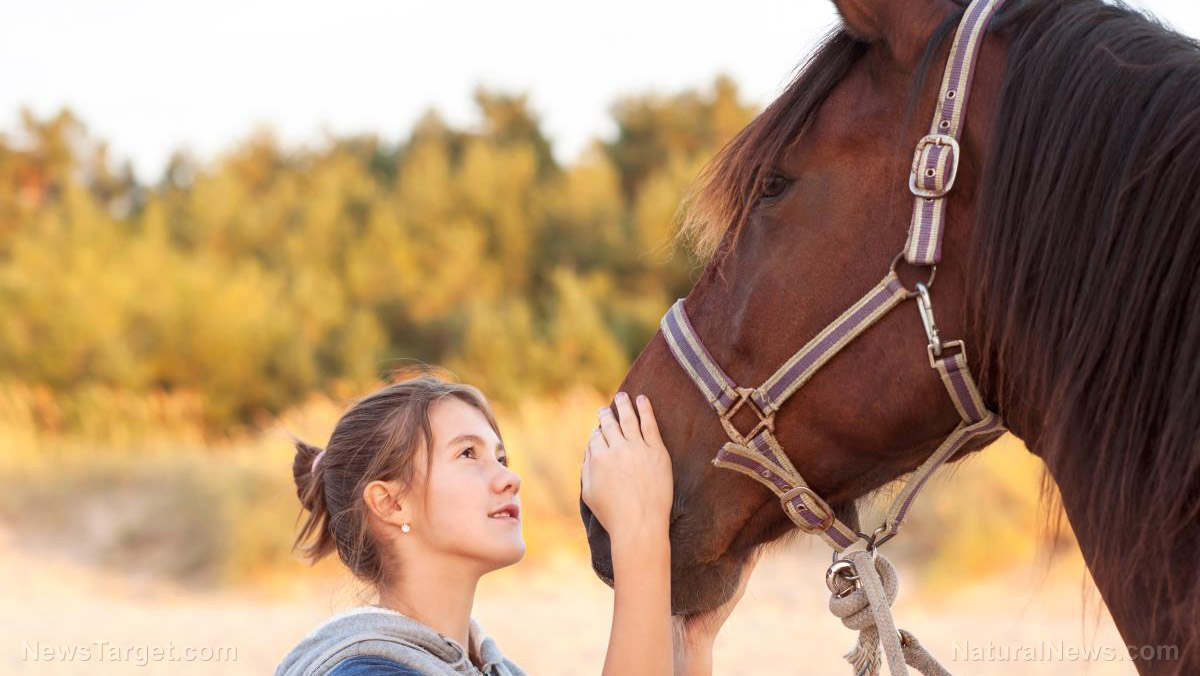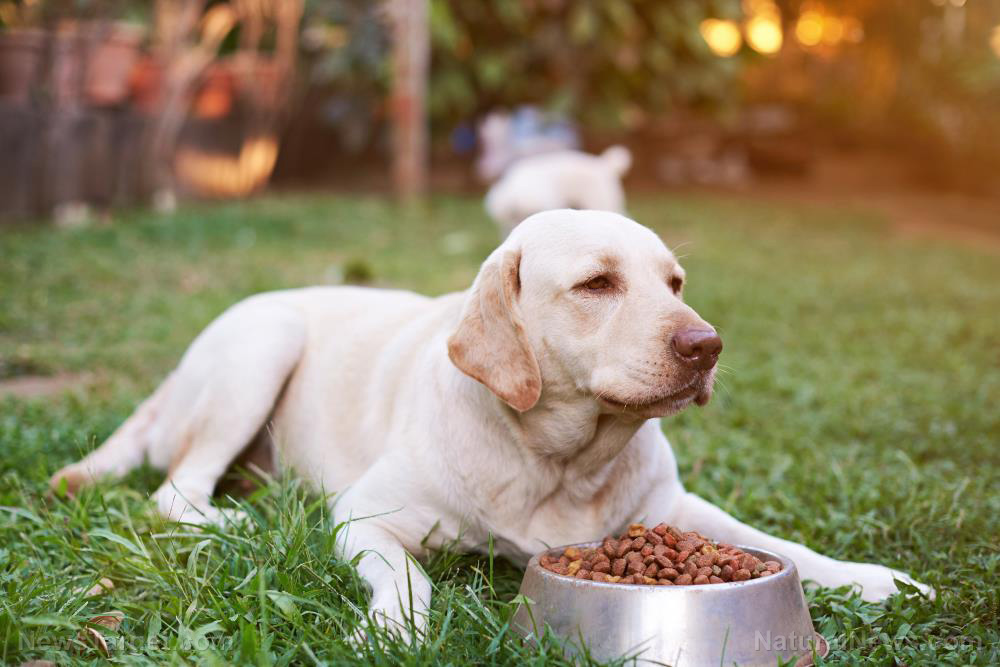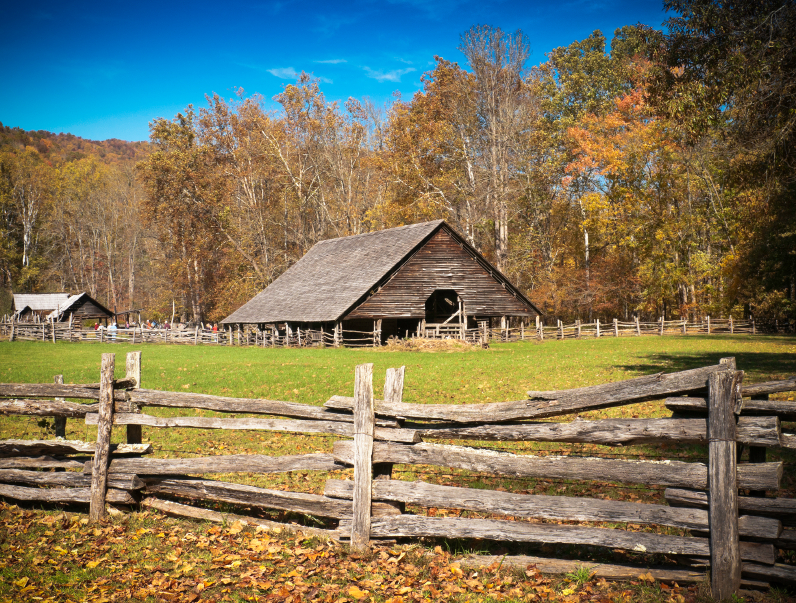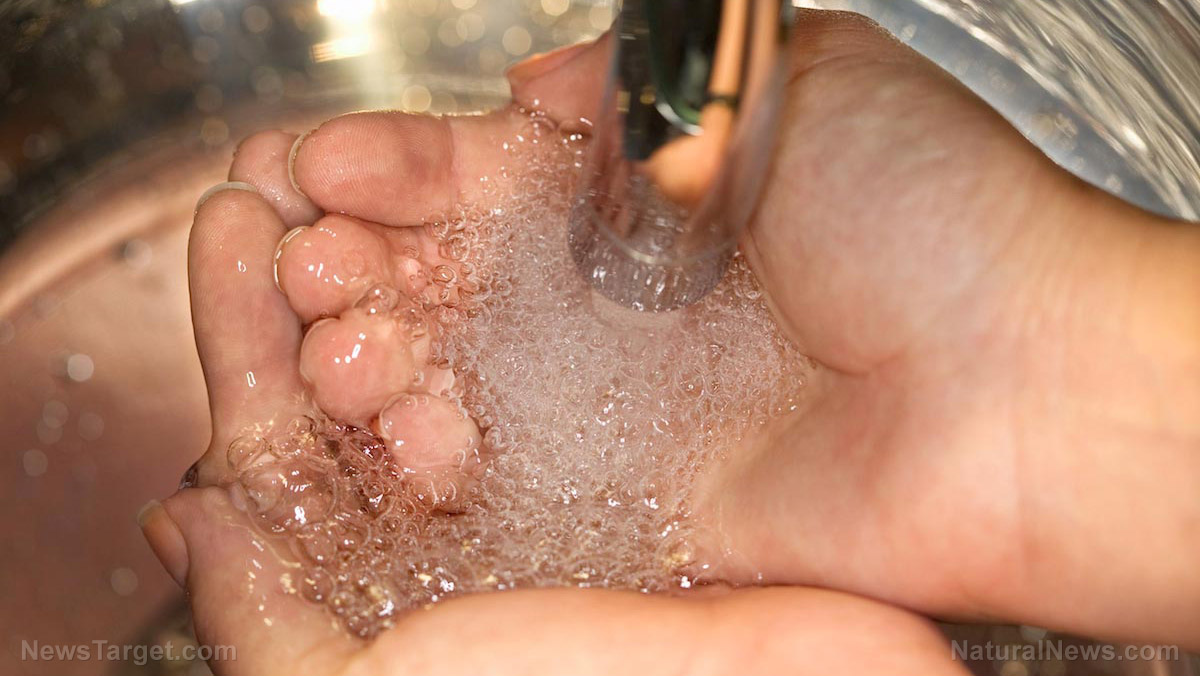Can you care for your sick or wounded animals? First aid basics for the barnyard
02/25/2018 / By Edsel Cook

There are times when your farm animal is so ill or injured that you simply cannot wait for the veterinarian to arrive. Knowing how to treat sicknesses like colic, wounds, and mastitis can spell life or death, reported Survivopedia.com.
The article advises that you stock up an animal first-aid kit that contains various medicines. You should also look up the most common illnesses for horses, cows, and other farm animals. One of these ailments is horse colic, a group of deadly digestive disorders that cause excruciating abdominal pain. The worst of these is twisted gut colic, which requires immediate surgery.
However, the other forms of colic (like sand colic) are far more common. They are easily preventable and can be treated with home remedies if they crop up. Survivopedia.com recommends you lock your feed room doors and keep your horse well-watered. If you had worked your horse into a sweat, minimize the cold water you give him.
Horse owners who live in sandy areas should ensure a plentiful supply of fibrous roughage. A daily dose of psyllium seed husk is a good organic supplement.
To find out if your horse has colic, put your ear next to the lower area behind its rib cage and listen to the sounds made by its guts. If there’s no noise, call the vet. Meanwhile, give your horse a couple of cups of any type of vegetable oil (such as olive oil or cottonseed oil) to help sort out its digestive tract. The last resort is giving non-steroidal anti-inflammatory drugs (NSAIDs) like bananime and penylbutazone to reduce the pain.
Treating wounds
Cuts and gashes require immediate attention. Clean and disinfect any wound the moment you see it. If the wounded is bleeding profusely, apply a dressing powder to improve blood clotting and speed up healing. Once the bleeding stops, use a disinfectant to keep dirt and flies out of the wound. It also helps in the formation of scabs that cover the wound, which is really helpful if you can’t bandage the injury.
100% organic essential oil sets now available for your home and personal care, including Rosemary, Oregano, Eucalyptus, Tea Tree, Clary Sage and more, all 100% organic and laboratory tested for safety. A multitude of uses, from stress reduction to topical first aid. See the complete listing here, and help support this news site.
You should also apply antibiotics to treat infections. The ointment Furazone is highly recommended. Deep wounds will require stitches. Help the healing process by applying Aluspray, a liquid bandage that seals the wound against infection.
You should also use essential oils. These are used to treat wounds on humans, but many oils also work for animals. (Related: 5 Reasons You Need Rose Essential Oil)
Handling mastitis
Like colic, it’s better to prevent mastitis than to cure it. In this case, cleanliness is next to godliness.
Make sure the milk animal lives in a clean area. Always wash your hands before you milk her. Also wash the udder and remember to dry and condition it after you’re done.
Don’t leave a baby animal out in the cold and wind. Infants comfort themselves by drinking milk from their mother. That moistens the teat, which invites frostbite, which brings its friend infection along for the ride.
Make sure that your milk animal’s udder avoids injury. You can reduce chapping by applying bag balm, udder butter, or similar udder cream. If mastitis develops, use anti-bacterial essential oils such as tea tree oil, peppermint oil, or oregano oil. Mix these oils with a base like coconut oil and apply to the infected teat.
Keep the infected teat clean and stripped of milk. Bolster the sick animal’s immune system by feeding her aloe vera, meal made from dried kelp or pasteurized whey.
If you want to learn more about the benefits of essential oils for humans and animals, EssentialOils.news is worth checking out.
Sources include:
Tagged Under: animals, colic, cows, essential oils, farm animals, first aid, homesteading, horse colic, horses, mastitis, off grid, survival, vet, veterinarian




















